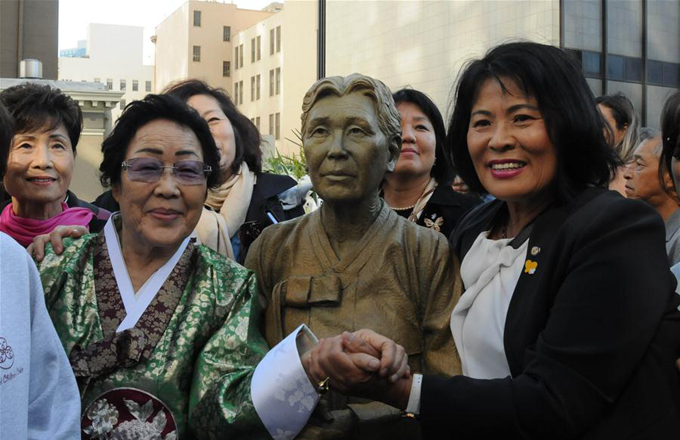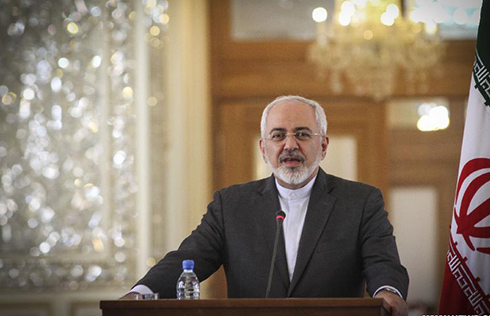

The exposure of the United States' Internet surveillance program by former National Security Agency contractor Edward Snowden has once again highlighted the issue of responsible state behavior in cyberspace, a subject Washington has been raising at bilateral and multilateral forums without accounting for its own illicit activities.
So what makes responsible state behavior? How should a responsible state behave when it comes to cyberspace?
First, a responsible state should abide by some basic but important canons in its international relations. Good faith is one of these canons. As the Permanent Court of Arbitration categorically said more than a century ago, the principle of good faith "ought to govern international relations". Good faith is not only a rule of international law, but also one of "the general principles of law recognized by civilized nations", and a common heritage of all civilizations.
But there is also another school of thought, which disregards good faith. For example, Machiavelli's followers believe that, "a ruler will perish if he is always good. He must be as cunning as a fox and as fierce as a lion. (he) should keep faith when it pays to do so, but not otherwise. A prince must on occasion be faithless." Followers of Schopenhauer are another example, for like the philosopher they do not practice what they preach.
At a time when China and the US are striving to build a new type of relationship, it is imperative that both should be guided by good faith, one of the basic requirements of international relations of which cyber security affairs is a part. They should refrain from taking any action that is not in line with good faith, such as "microphone diplomacy", and instead hold honest and sincere dialogue for their common good.
Second, a responsible state also should follow in good faith the principles of the UN Charter and other internationally recognized codes of conduct for cyber-related activities. The development of cyberspace has not (and cannot) change the international order. The governance of cyberspace should be premised on commonly recognized international law, especially the principles of the UN Charter, which include sovereign equality, non-interference in other countries' domestic affairs, and non-use of force in and peaceful settlement of international disputes.
As the final report of the Group of Governmental Experts says, international law, especially the UN Charter, is essential for maintaining peace and stability in cyberspace and promoting an open, secure, peaceful and accessible environment for information and communications technologies. A state's sovereignty and jurisdiction extends from the cyber infrastructure to the cyber-related activities within its territory. Also, a state has its own territory in cyberspace and its sovereignty is a tangible boundary of its intangible cyber territory, and a unified boundary applies to all its territories, including cyber territory. Besides, other states should respect a state's supremacy in its own cyber territory, where the principle of non-intervention is paramount.















